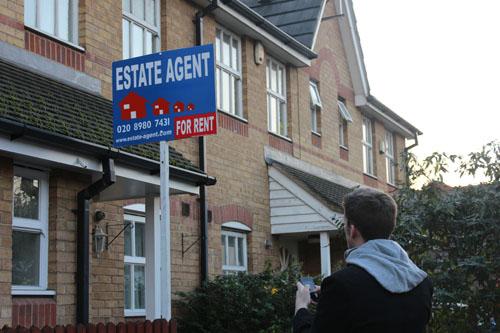
In his Autumn Statement today the Chancellor Philip Hammond announced plans to ban letting agent fees in England “as soon as possible” which may be save 4.3 million households hundreds of pounds.
Currently many tenants face charges to draw up tenancy agreements, conduct immigration and credit reference checks in addition to the payment of a non-refundable holding deposit paid before signing up to the deal.
The move comes as numerous reports have indicated that many tenants living in sub-standard housing are discouraged from moving out because of extra fee charges. A report published by the English Housing Survey covering April 2014 to March 2015 found that 69% of tenants living in poor quality homes are discouraged from moving out because of agent fees.
Nonetheless, landlords groups have claimed that banning letting fees will not necessarily reduce rental costs with landlords and letting agents increasing rental values to offset loss of income. However, renters groups assert that the ban will make it easier for tenants to compare the cost of different properties and reduce the incentive for letting agents to replace tenants.
The move is a culmination of greater regulation of the letting market and will move England further in line with Scotland where lettings agency fees to tenants have already been banned. Since 2015 lettings and managing agents in England and Wales have legally been obliged to clearly publicize their fees.




